Achieve more with the Patti Ashley – Toxic Shame in Clinical Practice: Help Clients Release Shame, Get Unstuck and Improve Treatment Outcomes course, priced at just Original price was: $219.99.$39.00Current price is: $39.00. on GBESY.biz! Explore our extensive collection of over 60,000 downloadable courses in Health and Medical. We offer professional, self-paced digital education at up to 80% off original rates. Start transforming your expertise now!
 [Instant Download] – Immediately deliver the download link after receiving the payment
[Instant Download] – Immediately deliver the download link after receiving the payment
Patti Ashley – Toxic Shame in Clinical Practice: Help Clients Release Shame, Get Unstuck and Improve Treatment Outcomes course with special price just for you: $219.99 $41
- Faculty:
- Patti Ashley
- Duration:
- 5 Hours 49 Minutes
- Format:
- Audio and Video
- Copyright:
- Sep 14, 2018
Description
Outline
PART ONE: HOW SHAME SHOWS UP IN TREATMENT
Toxic Shame
Research & Definitions
- Ruptures in interpersonal relationships create a shame-based identity
- Shame and trauma function similarly in the nervous system
- Subconscious shame effects of poisonous parenting
- Attachment theories as they relate to shame
- D.W. Winnicott’s true self/false self
- Shame in family, culture and other systems
- Limitations of the research
Signs of Toxic Shame:
What to Watch for in Assessment and Beyond
- Individual Therapy – the client who:
- Talks the whole session
- Frequently cancels sessions
- Feels bad when progress seems to have eluded
- Terminates treatment early
- Deflects and projects onto others
- Relapses and does not return
- Minimizes problems
- Excessively intellectualizes and analyzes treatment
- Couples/Family Therapy
- The attack/defend patter
- Anger, rage and contempt
- Judgment of self and others
- Grandiosity, narcissism and self-inflation
- People pleasing and codependency
- Avoidance
- Problems with intimacy
- Group Therapy:
- Cross-talk
- Intellectualizing
- Silence
- Judgment
- Conflict
When the Therapist is Part of the Problem
Rigid Treatment Models May Increase Shame and Decrease Positive Outcomes
- Shame can be activated when therapist appears to be the “expert”
- Some strategies hinder treatment outcomes
- Strategies that may create barriers to creativity and relational presence
- Impact of mirror neurons and epigenetics
- How naming “shame” can be shaming
- Unconsciously enacting shaming parent
- Treating client as appointment or diagnosis
- What to do when your shame is triggered in-session
PART TWO: TREATING THE TOXIC SHAME
Effectively Treat Toxic Shame
Implications for Treatment to Move Forward with Clients
- Right and left brain integration
- Bottom-up versus top-down treatment approaches
- Modeling, engaging and sustaining self-compassion
- Repair the interpersonal bridge to self and others
- Courage and vulnerability in right-brain regulation
- Sustaining empathy in parallel process
- Transference and counter-transference in treatment
Therapeutic Strategies:
Putting It All to Practice
- Build a Safe Therapeutic Holding Environment
- Establish safety and trust
- Set a stage for treatment
- Strong foundation for therapeutic work
- Build a Solid Relationship
- Therapeutic empathy as the antidote for shame
- Connect and establish equal power
- Mindfulness and compassion
- Bridge the Head and Heart
- Psycho-education to demystify shame
- ”I” statements to identify shame-based feelings
- Going beyond cognitive therapy models
- Witness and guide clients through deeper layers
- Return shame to its origin
- Somatic strategies
- Re-wiring new neural pathways
- Experiential Tools and Techniques
- Creative arts, writing and movement activities
- Mindfulness and meditation
- Archetypes, story-telling and mythology
- Music and sound healing
- Journaling and letter-writing
- Working with Secrets
- Patience and compassion
- Deeper shame
- Tolerance and non-judgmental witnessing
- Creativity
- Every client is unique
- How therapy is like art
- Goodness of fit
- Research limitations and potential treatment risks
Faculty
Patti Ashley, Ph.D., L.P.C. Related seminars and products: 3
Patti Ashley, Ph.D., L.P.C. owns and operates Breakthrough Psychotherapy and Parent Coaching in Boulder, Colorado. Combining elements of developmental, cognitive, strength-based, and positive psychology, Dr. Ashley has created a psychotherapy model that helps clients excavate authenticity and life purpose. Identifying dysfunctional patterns and treating shame-based disorders are integral parts of her work with individuals, groups, couples and families.
Patti has over thirty-five years of experience in the fields of education and psychology. These include developing continuing education courses for physicians and hospital wellness programs; instructing undergraduate and graduate courses for universities; and counseling individuals, couples and families in mental health agencies, psychiatric hospitals, and private practice settings.
Dr. Ashley completed a Doctor of Philosophy Degree in 2002. she is the author of the book Living in the Shadow of the Too-Good Mother Archetype, (2014) Dr. Ashley is currently writing two other books scheduled for release in 2018: Reconciliation of the Heart: How Beliefs, Choices and Forgiveness Influence Authenticity and Life Purpose,and Letters to Freedom: A True Story of Grief and Love that Never Dies. Patti is also a featured journalist for numerous publications, and a frequent workshop presenter.
Speaker Disclosures:
Financial: Patti Ashley maintains a private practice. She receives a speaking honorarium from PESI, Inc.
Non-financial: Patti Ashley has no relevant non-financial relationship to disclose.
Get Unstuck and Improve Treatment Outcomes|Patti Ashley|Patti Ashley – Toxic Shame in Clinical Practice: Help Clients Release Shame|Toxic Shame in Clinical Practice: Help Clients Release Shame
Invest in endless knowledge with the Patti Ashley – Toxic Shame in Clinical Practice: Help Clients Release Shame, Get Unstuck and Improve Treatment Outcomes course at GBESY.biz! Gain lifetime access to premium digital content designed to fuel your professional and personal growth.
- Lifetime Access: Unrestricted, permanent access to your purchased courses.
- Unbeatable Value: Save significantly with prices up to 80% less than direct purchases.
- Protected Payments: Complete your transactions securely.
- Empowering Skills: Learn practical, in-demand skills for immediate application.
- Immediate Download: Access your course content instantly after purchase.
- Any Device, Anywhere: Study on your preferred device with full flexibility.
Discover your next opportunity with GBESY.biz!
![GBesy [GB] GBesy [GB]](https://gbesy.biz/wp-content/uploads/2023/05/gbesy-Logo-full-100.png)
![GBesy [GB] GBesy [GB]](https://www.gbesy.com/wp-content/uploads/2023/05/gbesy-Logo-full-100.png)
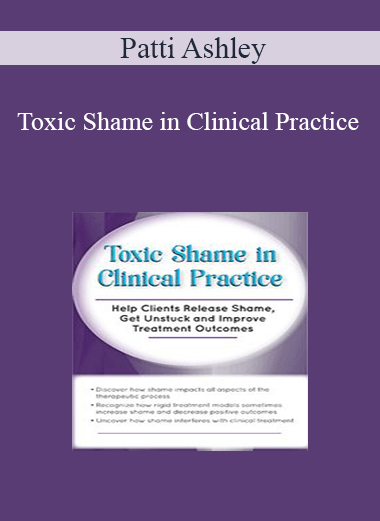
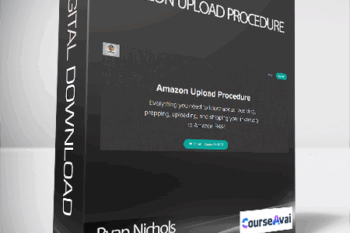

 Purchase this course you will earn
Purchase this course you will earn 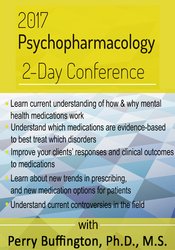
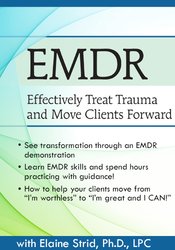
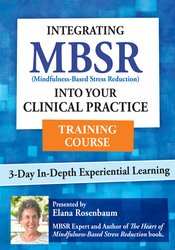
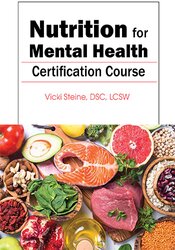
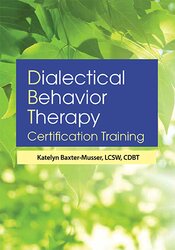
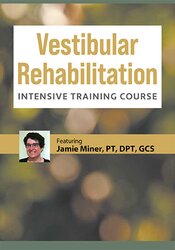
Reviews
There are no reviews yet.